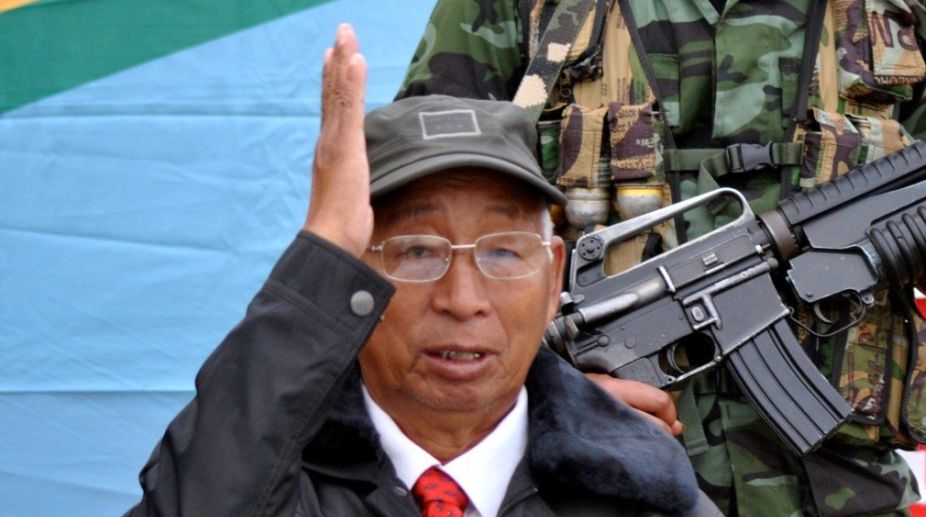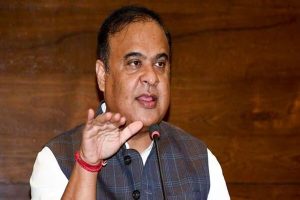SS Khaplang, who headed a faction of the National Socialist Council of Nagaland, and whose death was announced on 10 June, was a man of principle.
For one, he never changed his stand that unless New Delhi discussed sovereignty he would never come to the negotiating table.
A close associate of Isak Swu, who expired in August last year and Th Muivah, they broke away in 1980 from the Naga National Council headed by Angami Zapu Phizo.
The break-up was over the interpretation of the 1975 Shillong Accord signed by some moderate Naga leaders with the Indira Gandhi government by accepting the Constitution, and they formed the National Socialist Council of Nagaland in 1980.
A split in 1988 saw Khaplang leading his own faction as he was against suing for peace. While Swu belonged to the Sema tribe of Nagaland, Muivah is a Tangkhul from Manipur’s Ukhrul district and Khaplang was a Hemi Naga from Myanmar, that has a large Naga population. Khaplang feared that being from Myanmar he would be left in the lurch once Swu and Muivah came to terms with New Delhi.
The BJP government at the Centre signed a ceasefire accord with Khaplang in 2001, three years after Swu and Muivah did. But the Centre did not have the courage to invite him for formal talks because NSCN-IM leaders had said in no uncertain terms that if Khaplang was involved they would pull out of talks.
In March 2015 Khaplang unilaterally abrogated the truce, his parting shot being “the 14-year time was only a psychological ploy to undermine the democratic and patriotic spirit of the Nagas.”
Khaplang always remained incommunicado. He once headed the Indo-Burma Revolutionary Front, comprising the Ulfa and Manipur’s oldest outfit, the United National Liberation Front.
Despite suffering two splits in his organisation, Khaplang did not lose his charisma nor his ability to attract smaller groups as partners. He amptly displayed this in 2015 by forming the United Liberation Front of Western, South-east Asia which include six Meitei rebel groups, Ulfa(Independent) headed by self- styled commander-in-chief Paresh Barua and also Bodo rebels.
All this came about after signing a unilateral ceasefire with the Myanmarese government in 2012. Following the ambush and killing of 16 Indian soldiers in 2015 in Manipur’s Chandel district, the Centre declared the grouping as a terrorist outfit. Khaplang claimed influence among Nagas in Arunachal Pradesh and some parts of Northern Nagaland.
It will be idle to think that whoever succeeds Khaplang will seek peace. This calls for stricter vigilance along the Indo-Myanmar border.












